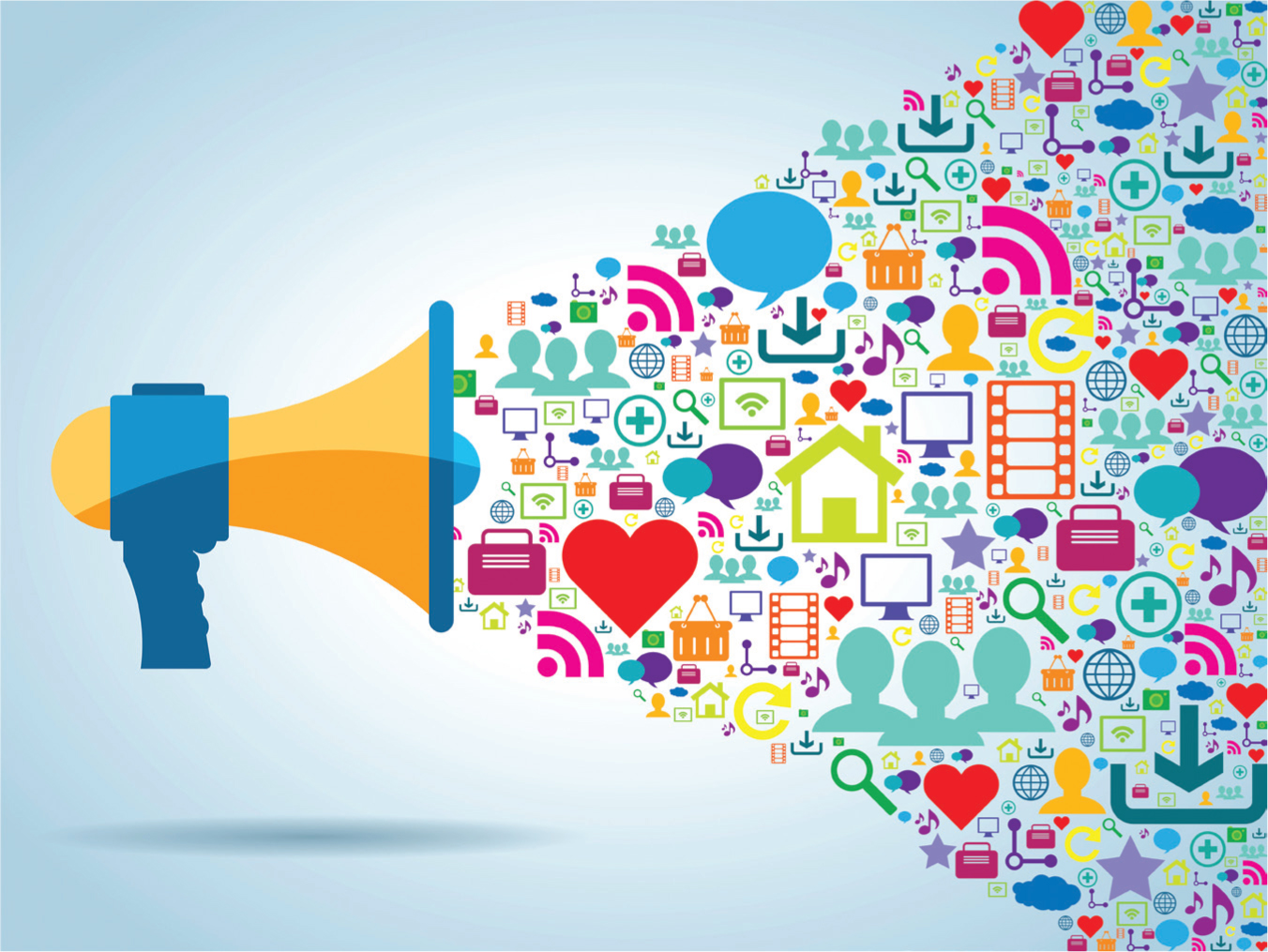Social media provides both benefits and challenges: paramedics both nationally and internationally can share knowledge and information, debate critical issues and keep up-to-date with developments in practice. However, being aware of potential pitfalls is essential; social media is not peer-reviewed, for instance, and the maintaining of professional and personal boundaries can be challenging.
Legal, regulatory and professional considerations apply to paramedics as allied health professionals (AHPs) or students when using social media. What you make public about your personal life on social media sites could have an impact on your employment and professional standing. Inappropriate comments written and shared have potential to breach a number of laws or regulations—from data protection, defamation or harassment laws, to Health and Care Professions Council (HCPC) or employer regulations.
Social media is a public domain and you should be aware that while online you are still representing the profession and your employer and should be aware of how you could be viewed by society/service users/colleagues/other agencies/the media/governing bodies. There are increasing numbers of paramedics being involved in social networking disciplinary cases; the internet is not anonymous, nor does it forget. Everything written on the internet can be traced back to its author very easily and there is a permanent record which is accessible to all.
Paramedics should, however, make use of the potential for continuing professional development (CPD) through social media; for example, by accessing learning materials, through online discussions and information sharing. Within the current fast-evolving socio-economic and policy contexts, it is important to keep abreast of relevant developments in pre-hospital care and related professions; social media can facilitate this process.

The use of social media is set to expand. Many people, not just younger people, now expect to use social media to interact with each other. Modern health professionals now need to find ways to embrace this social media technology to help deliver innovative services, while upholding their professional, legal and regulatory responsibilities. The use of social technology and social networking enables people to collaborate, build relationships and share information and resources. E-professionalism is a term that is starting to be used, which goes beyond online communication. It involves the ability to understand and use social media and also how to develop and manage online personas including online postings and interactions, blogs, images, videos, tweets and more.
The College of Paramedics believes that good practice in social media is no different from that in any other form of communication. You should ensure you maintain appropriate professional and personal boundaries and take responsibility for recognising ethical dilemmas presented by the use of different types of social media.
‘The College of Paramedics believes that good practice in social media is no different from that in any other form of communication’
Do's
Do use social media effectively and responsibly:
Don'ts
To avoid negative personal or professional consequences when using social media don't:
The College of Paramedics would like to thank the Chartered Society of Physiotherapy for their support and guidance in the development of this document.

